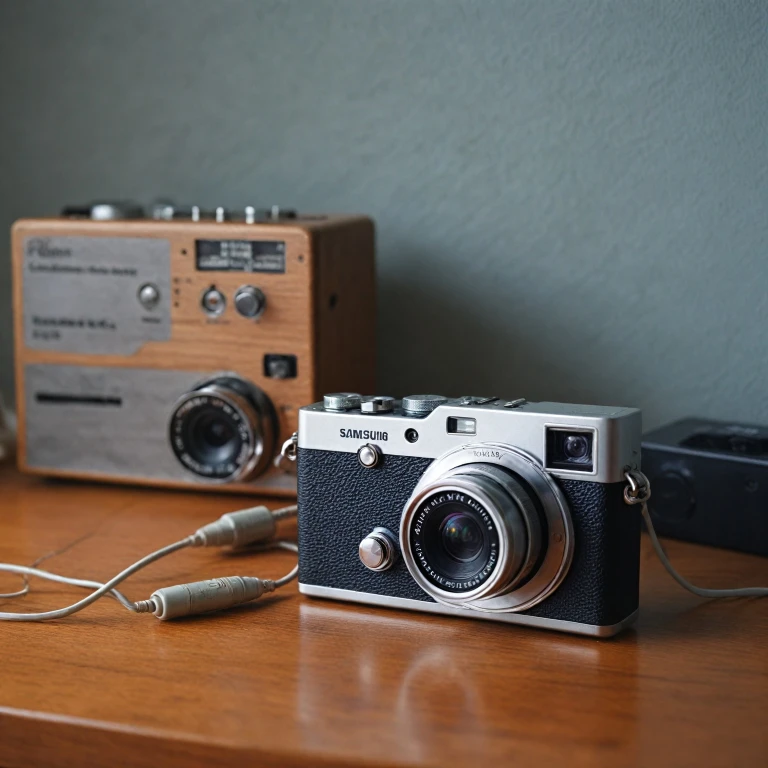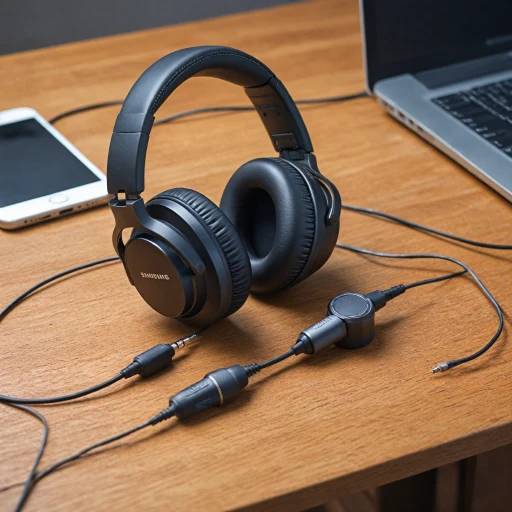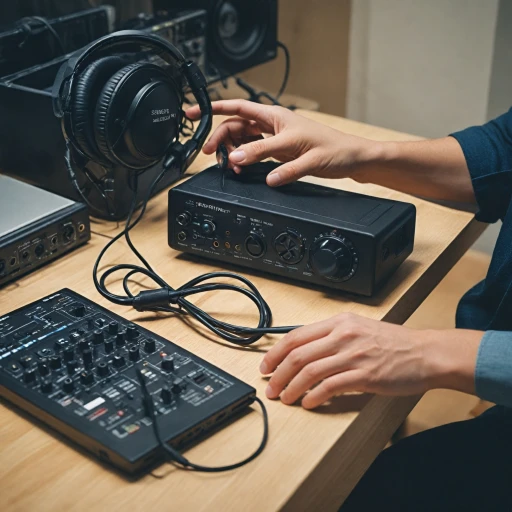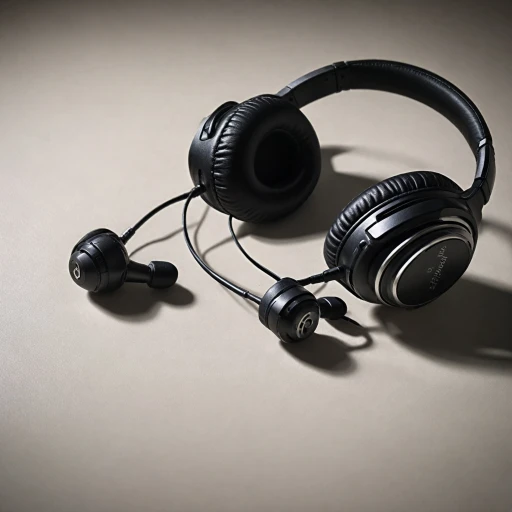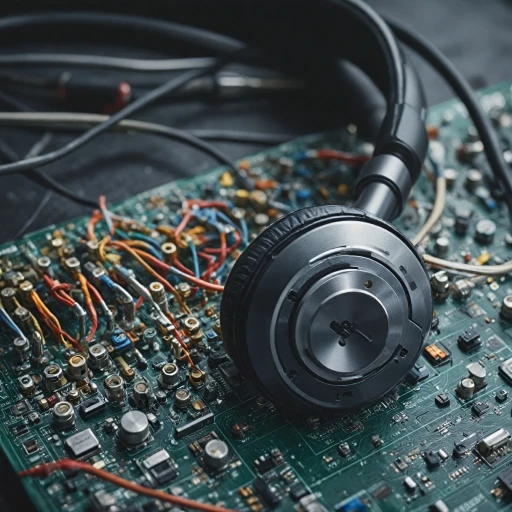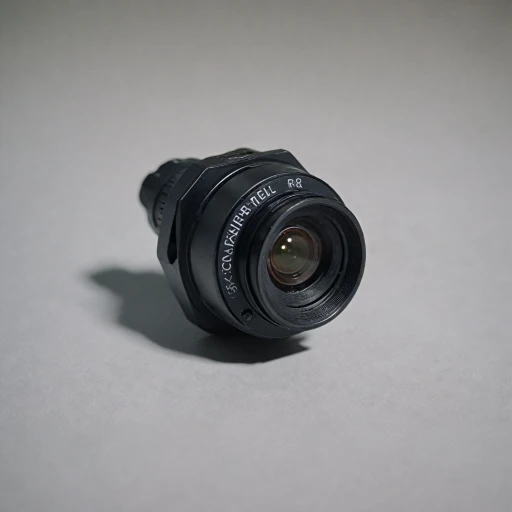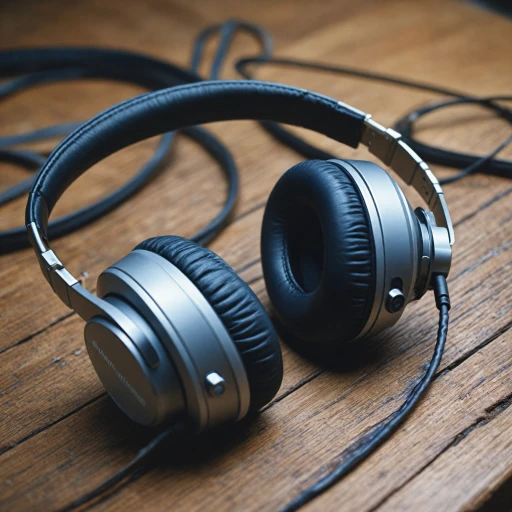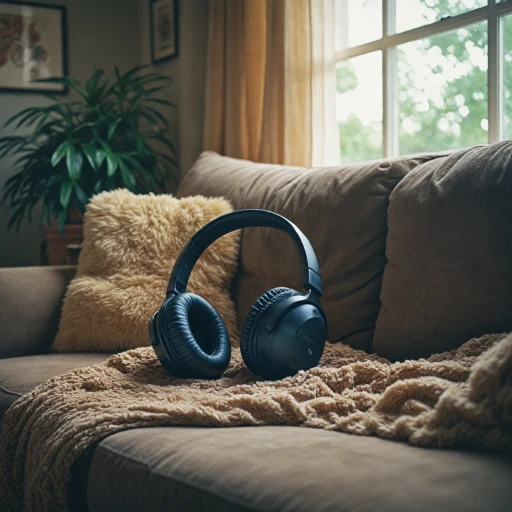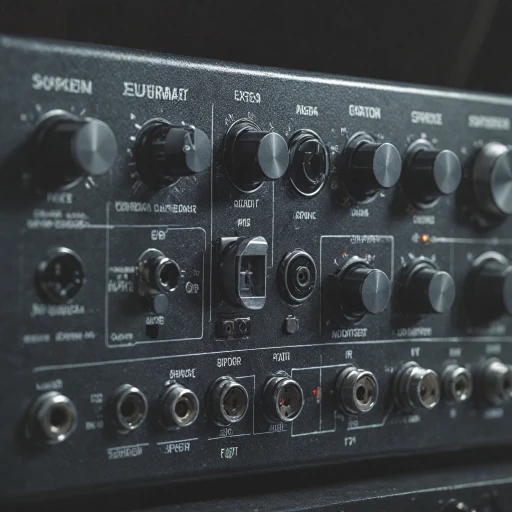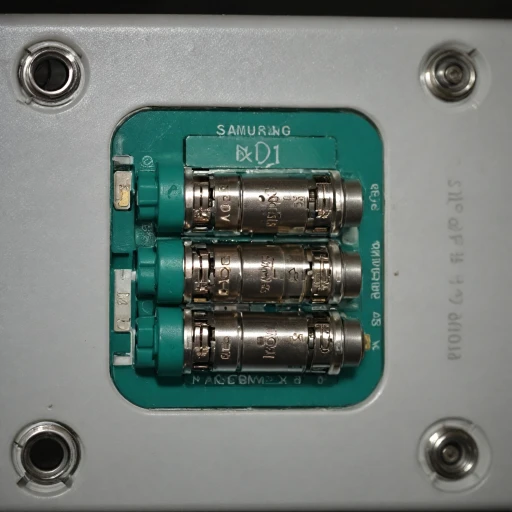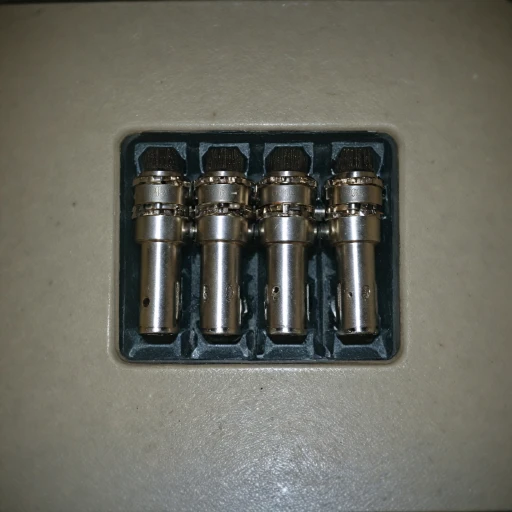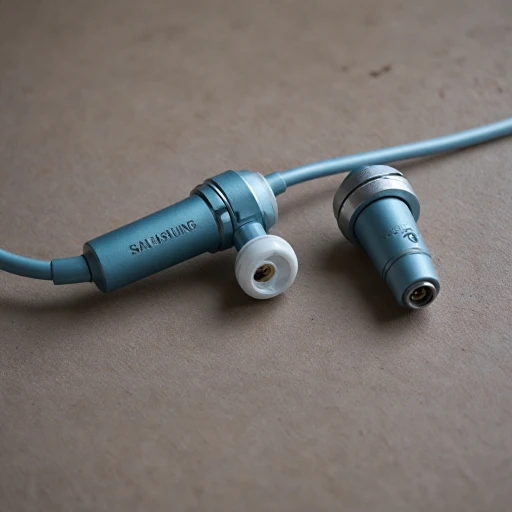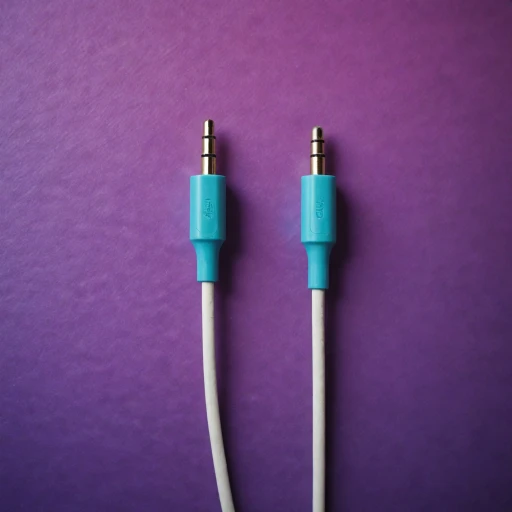
The Role of a Jack to Mini Jack Converter in Audio Devices
With the continuous evolution in audio technology, the need for compatibility across various devices has never been more critical. One essential accessory in this realm is the jack to mini jack converter. This adapter serves a crucial role in ensuring seamless connections between different audio equipment, catering to individuals who appreciate precise sound quality in their audio experiences.
The Functionality of Jack to Mini Jack Converters
Such converters typically bridge devices with different jack sizes, allowing for versatile compatibility. Whether you're connecting a guitar to an amplifier, or trying to listen to music from your headphone jack via a speaker, a jack to mini jack converter caters to this connectivity need. Typically seen in either a male-to-female or male-to-male format, they provide flexibility in pairing various devices without needing multiple cables.
Apart from expanding connectivity, these converters also support different types of audio signals, including stereo audio and digital audio. This aspect is especially beneficial for audio professionals working with RCA, TRS, and USB setups, as it enables them to connect devices like mixers, recording equipment, and powered speakers effortlessly.
Investing in a good quality jack adapter guarantees not just connectivity, but it also helps in preserving the sound quality of your audio. This is particularly significant if you're using high-quality audio cables and accessories designed to offer minimal audio signal interference.
Compatibility and Connectivity
Ensuring Seamless Connections with Jack to Mini Jack Converters
When it comes to audio devices, compatibility and connectivity are crucial. A jack to mini jack converter plays a pivotal role in bridging the gap between different audio interfaces. Whether you're connecting a guitar to an amplifier or linking a headphone to a smartphone, these converters ensure that your devices communicate effectively.
One of the primary considerations is the type of audio jack involved. The standard jack, often referred to as a 1/4 inch or 6.35mm jack, is commonly used in professional audio equipment. In contrast, the mini jack, or 3.5mm jack, is prevalent in consumer electronics like smartphones and laptops. A jack adapter allows these two different interfaces to connect seamlessly.
For those dealing with stereo audio, ensuring that the converter supports TRS (Tip, Ring, Sleeve) connections is essential. This ensures that both left and right audio channels are transmitted correctly, maintaining the quality of the sound. Additionally, some converters may also support digital audio signals, providing even more versatility.
It's also important to consider the power supply and cable types. Some devices may require a power cable or a usb cable for additional functionality. Understanding the specific requirements of your devices can help in selecting the right adapter converter.
For more detailed information on the different types of headphone plugs and how they interact with various audio devices, you can explore this comprehensive guide.
Impact on Sound Quality
Enhancement of Sound Clarity and Performance
Understanding how a jack to mini jack converter impacts overall sound quality is vital for anyone aiming to enhance their audio experiences. Whether you're using it with high-end headphones, a guitar amp, or a portable speaker, this adapter is central to your setup. Typically, quality converters ensure minimal interference, providing a clear path for musical notes to flow seamlessly from your audio source to your ears. Furthermore, when considering adapters, the material quality can affect signal integrity. Opt for those designed with gold-plated plugs, which tend to offer better resistance against corrosion. For digital audio enthusiasts, this means a clearer, uninterrupted listening experience, especially vital for stereo audio. For musicians who rely on crisp audio feedback, such as guitarists, achieving top sound quality can be contingent on having a reliable adapter converter. This is especially true for those who interchange between different audio setups. On platforms focusing on musician's gadgets, the choice between TRS or RCA cables can be pivotal. Moreover, using these converters can also impact the power supply to ancillary audio equipment, providing a more stable source of power. This maintains consistency when utilizing your headphone adapter or USB cables. Checking for user reviews and verified purchases on platforms can help identify which converters perform best. High-quality mini jack adapters tend to receive positive feedback for their durability and sound fidelity. Price does not always correlate with superior performance, so thorough research and reading reviews is advisable. For those interested in perfecting their audio setup, it's crucial to bear in mind the delicate balance of power and input-output capacity. As highlighted in other sections, compatibility remains a key consideration. Whether it’s enhancing your listening experience with headphone stands explore this accessory or ensuring your digital audio signals maintain their fidelity, investing in a quality jack adapter can significantly enhance your audio journey.Choosing the Right Converter
Factors to Consider When Selecting Your Converter
Choosing the right jack to mini jack converter is crucial for ensuring an optimal audio experience. The first consideration when selecting a converter is compatibility. It's important to match the connectors with the devices you intend to use. Whether it's a cable with a male stereo plug or a female stereo port, ensuring the correct fit is essential.
Moreover, look for options that support a wide range of audio cables and adapters, including USB, TRS, or RCA. This will not only enhance the versatility of your audio setup but also future-proof it to some extent. Additionally, confirm the conductivity quality of the materials used in the jack adapter, as this can significantly impact sound quality.
It's also vital to consider the price and the reliability of the product. Often, verified purchase reviews can provide insight into the converter's performance and durability. For those connecting to power or digital audio accessories, ensure that the audio jack adapter has adequate power handling capabilities.
Lastly, if the audio output is meant for specialized devices like guitar amps or high-quality stereo speakers, ensure that the adapter converter can handle the specific power and audio requirements. Checking these factors will aid in selecting the most appropriate and efficient converter for your audio needs.
Common Challenges and Solutions
Troubleshooting Converter-related Issues
When dealing with jack to mini jack converters, users can encounter a few common challenges. These issues often relate to the compatibility and connectivity between different audio devices, such as headphones, speakers, and musical instruments like guitars, that use diverse interfaces.- Poor Audio Quality: Users might experience degraded audio quality due to incompatible adapters or low-quality cables. Ensuring that the converter and cables you use are top quality and compatible with your device's audio specification can help mitigate this issue. Look for characteristics such as material durability and verified purchase reviews to guide your decision.
- Interference or Noise: Another common challenge is interference or unwanted noise, which might be introduced by the power supply or the surrounding environment. Use high-quality, shielded cables like trs and jack audio cables to minimize interference. Additionally, checking for loose connections can reduce static and maintain a clear signal.
- Connectivity Errors: Frequent connection issues may arise from mismatched plug sizes or types, such as trying to fit a male jack into a female stereo port without the right adapter. Using the right adapter converter with the correct fitting ensures a reliable audio connection without constantly losing signal.
Future Trends in Audio Connectivity
Evolving Audio Connectivity: Future Prospects
The world of audio connectivity is witnessing rapid advancements, and the jack to mini jack converter is no exception. As audio devices continue to evolve, so does the need for flexibility in connectivity options. Here’s what the future holds:- Wireless Integration: There’s a noticeable shift towards wireless audio solutions, with many devices now supporting Bluetooth technology. However, wired connections, including jack and mini jack cables, retain their relevance due to their superior audio quality.
- USB-C Dominance: The universal adoption of USB-C ports is expected to impact traditional audio jacks. USB-C offers both charging and audio input/output functionalities, potentially redefining how jack adapters are used.
- Digital Audio Enhancements: As digital audio standards improve, the demand for converters that support high-definition sound increases. Future converters may incorporate built-in digital audio conversion features, enhancing the overall audio experience.
- Modular and Hybrid Adapters: Flexibility in audio setups is increasingly desired. Future adapter converters might offer modular designs that combine TRS, mini displayport, and even HDMI capabilities, catering to diverse needs from guitar amplifiers to stereo systems.

